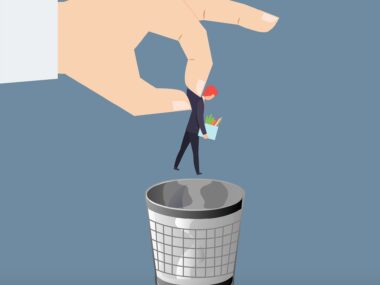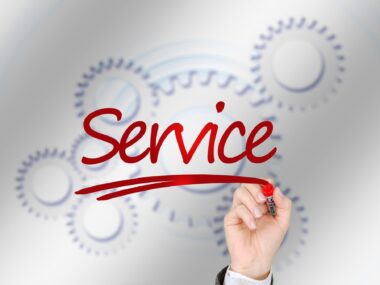Some say mistakes are a natural part of success. But is that true, or just an excuse? While mistakes are inevitable, treating them as “okay” can lead to complacency. The difference between those who succeed and those who don’t often comes down to mindset: Do you learn from mistakes and avoid them, or do you keep making them under the guise of growth?
The Reality of Mistakes in Business and Life
Mistakes happen. But that doesn’t mean they should be shrugged off or treated as a stepping stone to success. If a mistake is avoidable, why make it? The most successful people and businesses don’t dwell on correcting errors; they focus on creating more successes from the start.
Take Pixar, for example. A video clip circulated claiming they encourage mistakes as part of the creative process. But in context, the full statement reveals that repeated mistakes lead to removal from projects. Jason Fried recently said. “When you learn from your mistakes, all you learn about is what not to do next time.” Excellence requires improvement, not excuses.
The Myth of “Failing Forward”
Many people hold onto the idea that failure is a necessary precursor to success. They cite Thomas Edison’s 1,000 attempts to create the light bulb as proof. But there’s a crucial difference between failing in the research and development phase versus failing once a product or service is in the hands of consumers.
- If a company botched 1,000 attempts at the same product before launching, that’s innovation. If they continue failing after launch, that’s incompetence.
- If a mechanic repeatedly fails to fix your car, do you excuse their mistakes or take your business elsewhere?
- If a bank mishandles your deposit, causing you financial stress, do you accept their mistake as part of a “learning process”?
People may tolerate small mistakes in personal growth, but in professional settings, mistakes cost time, money, and trust. No one wants mistakes—they tolerate them when they have no other choice.
The Cost of Repeated Mistakes
The bigger the scale, the more costly mistakes become. Early-stage businesses might be able to fail quietly, but as they grow, every misstep has consequences. Consider these scenarios:
- A software company launches a buggy product. Users complain. Reviews tank. The brand suffers.
- A leader repeatedly misses deadlines, forcing employees into last-minute crunch mode. Morale drops. Productivity suffers.
- A public figure keeps making controversial statements. They apologize, but their credibility erodes.
Mistakes aren’t just inconveniences—they are liabilities. The successful don’t dwell on failure; they adapt quickly and move forward.
So, What’s the Alternative?
Instead of accepting mistakes as “okay,” focus on minimizing them by emphasizing:
✔ Preparation – Anticipate problems before they happen.
✔ Efficiency – Learn from mistakes immediately and prevent recurrence.
✔ Excellence – Strive for success, not damage control.
Success isn’t about how many times you fail; it’s about how well you execute. If you expect mistakes, you’ll make them. If you focus on getting things right, you’ll be far ahead of those who justify failure.
The Takeaway: Stop Romanticizing Mistakes
Most people don’t like being inconvenienced by mistakes—especially when money, time, or trust is involved. So why is it different in business or personal development? The truth is, it isn’t. The sooner you shift your mindset from “mistakes are okay” to “mistakes should be avoided whenever possible,” the closer you’ll get to real, lasting success.
If success is what you’re after, stop making room for failure.
📌 Changelog
- March 30, 2025: Rewrote sections and changed the subheadings to improve clarity.
- October 10, 2010: Original article was published.






